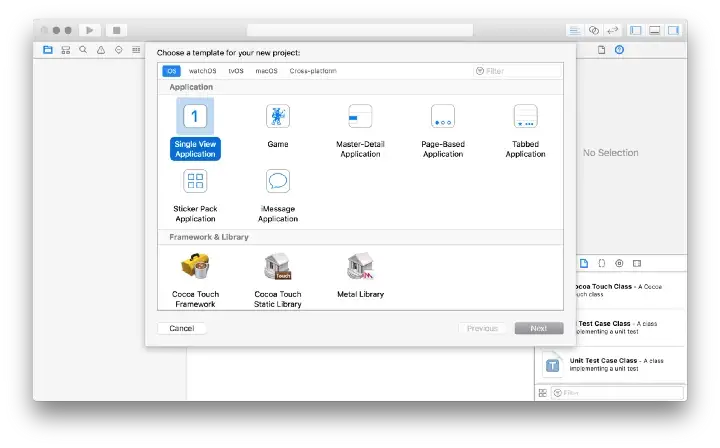$ go install golang.org/x/mobile/cmd/gomobile@latest
$ export PATH=$PATH:'/Users/code_joker/go/bin'
$ gomobile init
$ go mod init test
Lets create our workspace and the same time lets use the workspace directory is our $GOPATH too.
$ mkdir -p /Users/code_joker/Documents/testgo
$ cd /Users/code_joker/Documents/testgo
$ export GOPATH=`pwd`
Lets export the Android SDK and Android NDK
$ export ANDROID_NDK_HOME=/Users/code_joker/Library/Android/sdk/ndk/19.2.5345600
$ export ANDROID_HOME=/Users/code_joker/Library/Android/sdk
Gobind is a tool that generates language bindings that make it possible to call Go functions from Java and Objective-C. It is called internally by gomobile which can help us build cross-platform applications. We need this two to build our mobile app library.
Optionally, one can develop an entire mobile application using build command of gomobile. But we wont be doing that. We will, however, develop a library that can be used by mobile applications. And to build this, we will use bind command of gomobile.
Download gobind and gomobile
$ go install golang.org/x/mobile/cmd/gomobile@latest
$ go get golang.org/x/mobile/cmd/gobind
And export the bin as part of the $PATH and init gomobile
$ export PATH=$PATH:'/Users/code_joker/go/bin'
$ gomobile init
Lets create the go project structure for our sample app. Let's sc directory which contains our Go package not.expert and finally our package test
$ mkdir -p $GOPATH/src
$ mkdir -p $GOPATH/src/not.expert
$ mkdir -p $GOPATH/src/not.expert/test
Create the test.go file under test package
$ touch $GOPATH/src/not.expert/test/test.go
Put this as contents of the test.go
package test
import (
"fmt"
)
func Greet (name string) string {
message := fmt.Sprintf("Hello World, &s", name)
return message
}
Using gomobile, we can then build the libraries respective to the traget platform, in our case ios and android.
Build framework for ios
$ gomobile bind -target=ios -tags nowatchdog -o $GOPATH/build/test.xcframework -v $GOPATH/src/not.expert/test
And compile your code for ios:
$ gomobile build -target=ios -tags nowatchdog -v $GOPATH/src/not.expert/test
And build aar for android
$ gomobile bind -target=android -o $GOPATH/build/test.aar -v $GOPATH/src/not.expert/test
And compile your code for android:
$ gomobile build -v $GOPATH/src/not.expert/test
Lets create native ios app in Xcode
Open Xcode and create a new Xcode app
Click Next button
Then:
- Product name: testgo
- organization identifier: not.expert
- Interface: Storyboard
Click Next, your project is created.
Now we are going to import our test.xcframework so that we can interact with it in Swift. Open Finder, and navigate to the frameworks folder. Then drag the test.xcframework file into Xcode at the bottom of the Project navigator. A dialog will open to confirm the action, be sure to check Copy items if needed. And you can follow the link
And run your Xcode project
Lets create native android app in Android Studio
Open Android Studio and create New project And choose Empty activity, click Next And set your project name Name: test, click Finish. Your native android app is created.
Let's import our go project which compile(.aar & .jar) to Android Studio Project
- Copy your go project test.aar and test-sources.jar
- Paste to test/app/libs your native android app which create
- Add implementation fileTree(dir: 'libs', include: ['.jar', '.aar']) to test/app/build.gradle in dependencies: {}
- And Synchronize and rebuild the project
package not.expert.test;
import androidx.appcompat.app.AppCompatActivity;
import test.Test;
import android.os.Bundle;
public class MainActivity extends AppCompatActivity {
@Override
protected void onCreate(Bundle savedInstanceState) {
super.onCreate(savedInstanceState);
setContentView(R.layout.activity_main);
Test.greeting("android");
}
}
And Run your android project
